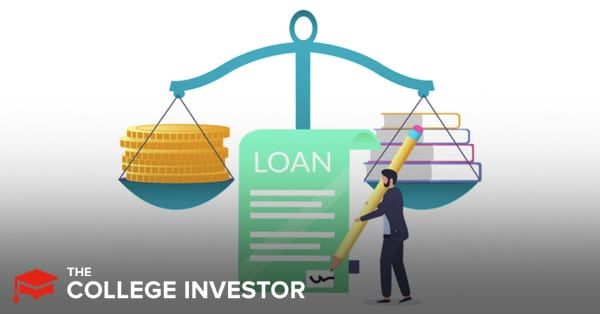Debt can be very stressful. Many people dream of debt forgiveness. But is debt forgiveness real? Let’s find out.

Credit: thecollegeinvestor.com
Table of Contents
What is Debt Forgiveness?
Debt forgiveness means a lender cancels part or all of your debt. This means you do not have to pay that amount back. It sounds like a dream, but it can be real.
Types of Debt Forgiveness
Debt forgiveness comes in many forms. Here are some common types:
- Student Loan Forgiveness: This is for people who have student loans. Some programs forgive part of your loan if you work in certain jobs.
- Credit Card Debt Forgiveness: Sometimes, credit card companies may cancel part of your debt. This can happen if you are in a debt settlement program.
- Mortgage Forgiveness: This happens when a lender cancels part of your mortgage debt. It is less common but can happen in special cases.

Credit: m.youtube.com
How Does Debt Forgiveness Work?
Debt forgiveness is not automatic. You usually have to apply for it. Here are some steps:
- Contact Your Lender: Tell them you are having trouble paying your debt.
- Provide Proof: You may need to show proof of your financial situation. This can include pay stubs or tax returns.
- Apply for Programs: Some programs have specific applications. Make sure to follow all instructions.
- Wait for Approval: Your lender will review your application. This can take time.
Pros and Cons of Debt Forgiveness
Debt forgiveness can be very helpful, but it also has downsides. Here are some pros and cons:
| Pros | Cons |
|---|---|
| Reduces your debt | Can hurt your credit score |
| Less stress | May have tax implications |
| More financial freedom | Not everyone qualifies |
Is Debt Forgiveness Right for You?
Debt forgiveness is not for everyone. It can be a good option if:
- You have a lot of debt
- You are struggling to make payments
- You qualify for a forgiveness program
However, it is important to think carefully. Make sure to weigh the pros and cons.
Common Myths About Debt Forgiveness
There are many myths about debt forgiveness. Here are some common ones:
- Myth: Debt forgiveness is easy to get. Fact: It can be hard to qualify.
- Myth: Debt forgiveness does not affect your credit. Fact: It can lower your credit score.
- Myth: All debts can be forgiven. Fact: Only certain types of debt qualify.
Frequently Asked Questions
Is Debt Forgiveness Possible?
Yes, debt forgiveness is possible through various programs designed to reduce or eliminate certain types of debt.
Who Qualifies For Debt Forgiveness?
Eligibility varies by program, but generally includes individuals facing financial hardship or working in specific professions.
How Does Debt Forgiveness Work?
Debt forgiveness programs reduce or eliminate a portion of your debt, often after meeting specific requirements.
What Are The Types Of Debt Forgiveness?
Common types include student loan forgiveness, credit card debt forgiveness, and mortgage forgiveness.
Conclusion
Debt forgiveness is real, but it is not easy. It can help reduce your debt and stress. However, it can also have downsides. Make sure to research and consider your options. Always talk to a financial advisor if you are unsure.
